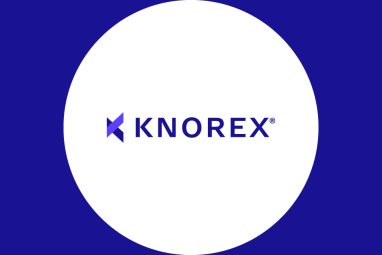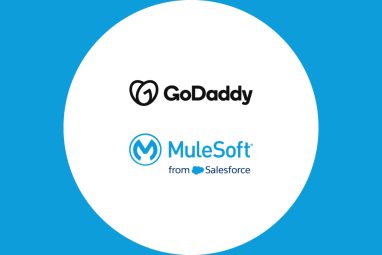WordPress Cuts CMS Costs by Up to 44%: New Study Reveals
The report shows that organisations are increasingly adopting hybrid CMS strategies, with WordPress emerging as the most popular secondary platform due to its flexibility and affordability.
Topics
What to Read Next

As digital infrastructure becomes a cornerstone of business strategy, organisations are facing mounting pressure to make smarter, cost-effective decisions about their content management systems (CMS). A new research report released by WP Engine — “The Total Cost of Your Company Website: A Data-Driven Guide for Digital Leaders” — sheds light on how CMS choices are impacting budgets, ROI, and long-term digital scalability.
Drawing from a survey of more than 1,700 digital decision-makers across the U.S., U.K., and Australia, the findings reveal that WordPress users report up to 44% lower total costs compared to those using proprietary platforms.
The research arrives at a pivotal time as 68% of businesses plan to increase their CMS budgets in 2025, reflecting the growing strategic importance of their digital presence. In addition, the findings also reveal that organisations are facing longer CMS evaluation cycles, tighter budgets, and increased pressure to prove ROI and reduce long-term costs.
As companies navigate these challenges, the true Total Cost of Ownership (TCO), including infrastructure, development, licensing, security, and scalability, is entering a new era of scrutiny and strategic prioritisation. The WP Engine survey reveals how decision-makers can align their digital platforms with organisational goals while minimising cost burdens and maximising ROI.
ALSO READ: Zendesk Launches Flexible Pricing for Customised AI Journeys
“Digital experiences have evolved from marketing touchpoints to mission-critical business assets,” said Jason Teichman, Chief Operating Officer of WP Engine.
“Yet many companies still underestimate the long-term costs associated with their CMS and infrastructure choices. This report empowers digital leaders with the data they need to make smarter, more sustainable decisions.”
Key Report Findings:
- Medium-to-large and enterprise organisations spend an average of $2.6 million annually on CMS-related costs, including licensing, hosting, development, and third-party tools..
- WordPress delivers up to 44% in cost savings compared to proprietary CMS platforms, offering a lower total cost of ownership.
- The average CMS evaluation cycle spans 11 months, with the U.K. reporting the slowest pace at nearly a full year.
- Organisations are increasingly adopting hybrid CMS strategies, with WordPress emerging as the most popular secondary platform due to its flexibility and affordability.
- Security is the top CMS concern in the U.S. and Australia, while U.K. organisations are more focused on maintenance and management challenges.
The report also explores how open-source solutions like WordPress are redefining enterprise digital strategies, with companies successfully integrating WordPress into composable, cost-efficient ecosystems that support rapid scaling and flexibility.
“This guide is a strategic framework for understanding how every digital decision impacts long-term performance and cost efficiency,” added Jason Teichman. “At WP Engine, we’re committed to helping businesses thrive through smarter infrastructure, open-source flexibility, and enterprise-grade managed hosting.”
ALSO READ: Explained: Headless CMS









































































































